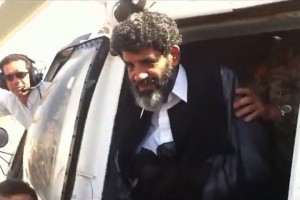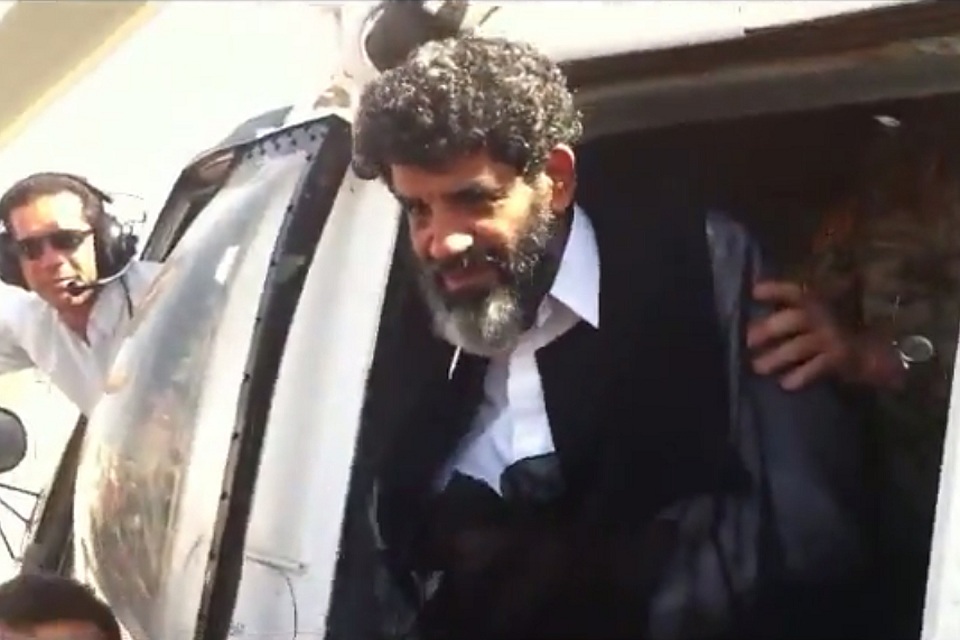
AFP PHOTO / SCANPIX / JOHAN PERSSON
Libyan Gaddaffi-era intelligence chief, Abdullah Al-Senussi, has confessed to killing Libyan opposition figure, Mansour Rasheed Al-Kikhia, according to Libyan public prosecution officials cited by Egyptian state-owned MENA news agency.
Al-Senussi claimed that Al-Kikhia, who was kidnapped from Cairo in 1993 where he was seeking asylum, was abducted by Gaddaffi’s forces and taken back to Libya, where he was killed and buried in the backyard of a villa in Tripoli.
The Libyan authorities are yet to confirm Al-Senussi’s statements. Samples for a DNA test have been requested of Al-Kikhia’s family, in order to make sure that the body found in the villa’s backyard is indeed that of the opposition figure.
Al-Senussi was arrested in Libya in October 2011, right after Gaddaffi’s fall. He escaped to Niger, where he disappeared until the Mauritanian forces arrested him in March 2012. He was attempting to enter Mauritania from Morocco using a Malian passport. Al-Senussi was returned to Libya only last week to be tried.
An arrest warrant from the International Criminal Court (ICC) has been issued against him, as well as against Saif Al-Islam Al-Gaddaffi. Both are accused of committing crimes against humanity during Libya’s 2011 uprising. The ICC wants both international criminals tried at The Hague in the Netherlands.
Al-Senussi, one of Gaddaffi’s most important aides, is often referred to as the deceased dictator’s “black box”. It is expected that as the investigation with him resumes, more secrets about the crimes committed during Gaddaffi’s rule will gradually unfold.
Al-Kikhia was a prominent diplomat who had served as a foreign minister under Gaddaffi. A staunch opponent to Gaddaffi’s regime, Al-Kikhia was known for his ongoing attempt to unite Libyan opposition forces.



